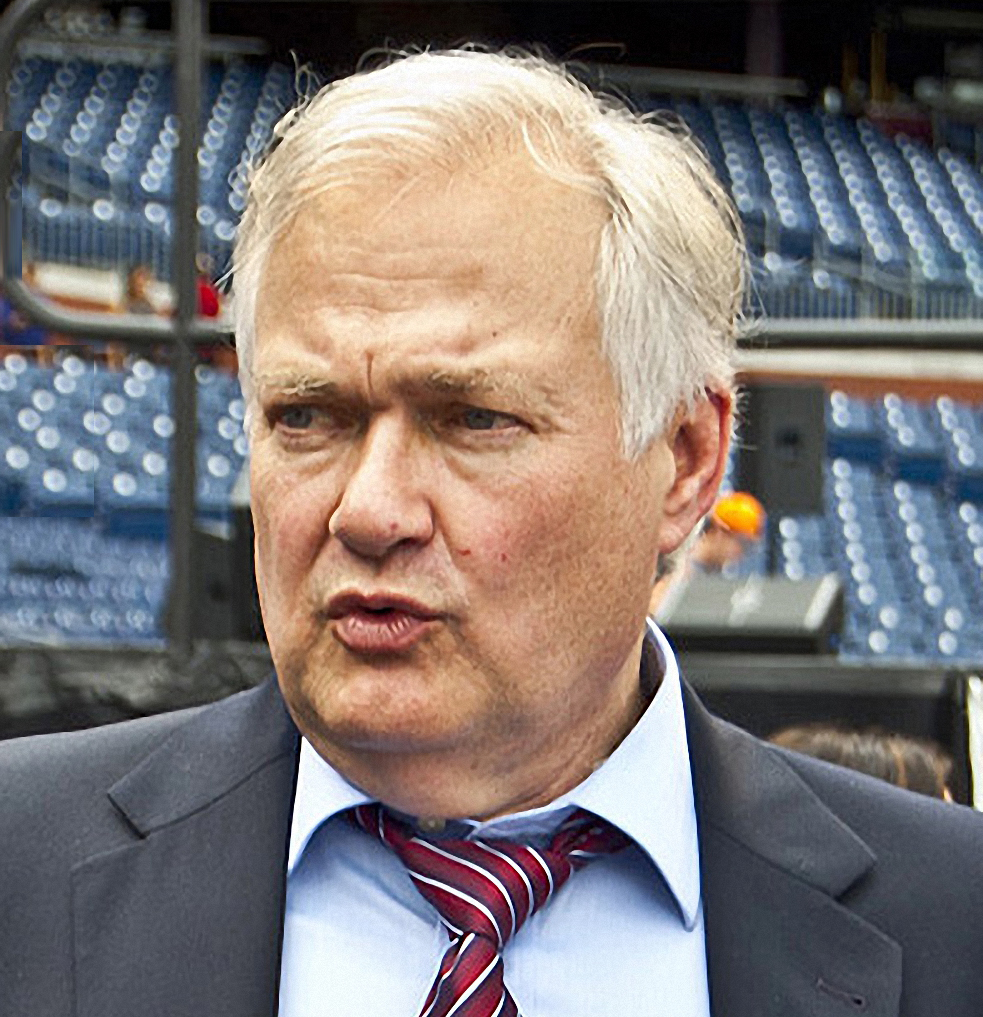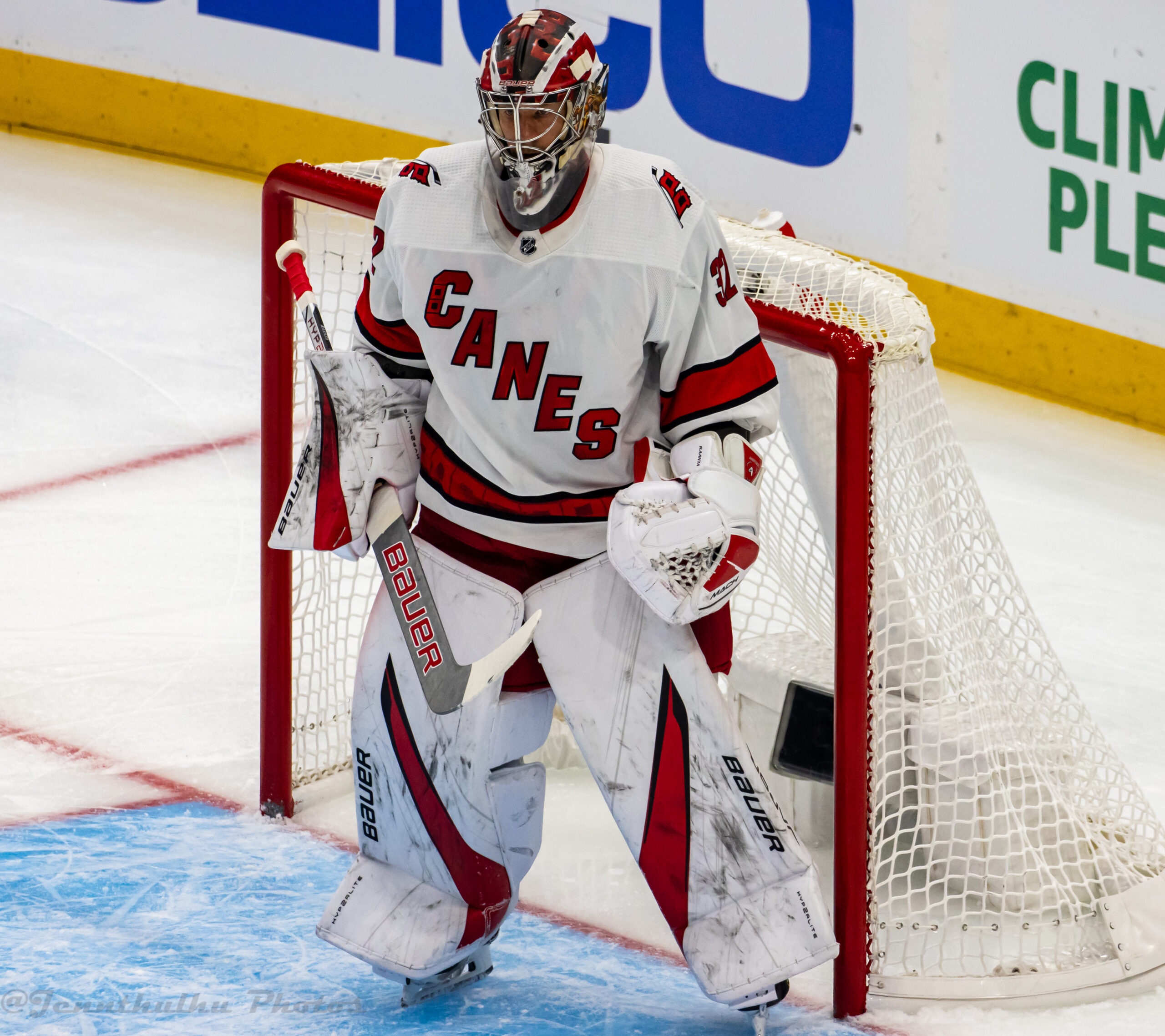By Alec Roberson
We may never again see anything in our lifetime like the COVID-19 global pandemic. Whole sectors of the economy have come to a standstill and many people have faced the unfortunate reality of job loss and economic hardship. The list of enterprises coming to a halt due to COVID-19 includes the National Hockey League. The season was suspended indefinitely on March 12, 2020 and (as of the time of this article) there does not seem to be any definite indication of the return of the 2019-2020 season.
With the NHL and its teams losing large amounts of money daily, are they still required to pay players their full salaries? What are the options of the teams and the players during such an event? What do the NHL/NHLPA Collective Bargaining Agreement (“CBA”) and the Standard Player’s Contract (“SPC”) say about such a situation? Do they mention it at all? The simple answers to these questions are maybe, a few, and a little but in the end it may not matter as much as you would think.

How Do Players Normally Get Paid in Balance with the Owners?
NHL players get paid semi-monthly for the the duration of the regular season in accordance with their individual SPC. Under the latest CBA, the players and team owners agree to share all of the hockey related revenue that comes into the NHL 50/50. In order to true up the 50/50 share in revenue between the owners and the players, a certain percentage of each player’s salary goes into escrow . The escrowed funds are then used at the end of the year to either pay the players or owners the amounts due to them based on the revenue brought in and the 50/50 share. This escrow withholding percentage is adjusted each quarter based on projections of future league revenue. The current escrow withholding rate for players’ salaries is 14%. This also ties into how the salary cap is projected and set each year.
What Does the SPC and CBA Say About COVID-19 and Like Events?
Shifting the focus over to the SPC and contract law, there is a common provision that is included in many contracts of all types known as a force majeure clause. This provision addresses what happens if the contract cannot be fulfilled due to circumstances not caused by or due to either party’s actions such as but not limited to natural events. Force majeur is actually a French phrase that means “superior force.”
Each NHL player’s contract with their team follows the same form that is laid out in the CBA (which is why it is known as a Standard Player’s Contract). Besides various provisions related to pay, term, no movement clauses etc., every SPC is the same. Under that premise, every SPC includes a force majeur clause. Specifically, the Section 17 of the SPC gives three different options for what should happen depending on if League operations are suspended, reduced or ceased. Section 17 of the SPC states verbatim:
17. If because of any condition arising from a state of war or other cause beyond the control of the League or of the Club, it shall be deemed advisable by the League or the Club to suspend or cease or reduce operations, then:
(a) in the event of suspension of operations, the Player shall be entitled only to the proportion of Paragraph 1 Salary due at the date of suspension,
(b) in the event of cessation of operations, the Paragraph 1 Salary shall be automatically canceled on the date of cessation, and
(c) in the event of reduction of operations, the Paragraph 1 Salary shall be replaced by that mutually agreed upon between the Club and the Player, or, in the absence of mutual agreement, by that determined by neutral arbitration.
This Section does not seem to provide any specific direction as to what the difference is between reducing or suspending operations even though such distinction could alter the outcome and course of action that is taken. As Section 17 of the SPC plainly says, if operations are reduced due to certain circumstances, each team and player may renegotiate the player’s contract and if no agreement is reached it can be brought to arbitration. However, if there is a suspension of operations, the player is entitled only to his salary due as of the date of the suspension. So again we come across an area in the SPC that is not as black and white as it may seem. How is it determined when this clause should apply or not and what is an appropriate salary if it is negotiated? When are operations suspended and when are they reduced?
We see force majeur clauses arise in many contexts but rarely if ever in a SPC. For example, in the case of Bouchard Transp. Co. Inc., v. New York Islanders Hockey Club, 40 A.D.3d 897 (2d Dept. 2007), it was ruled that the New York Islanders could get out of its lease due to a league wide lockout brought on by the NHL’s Commissioner when the force majeur clause in the lease agreement included labor disputes as a potential “cause beyond the Lessor’s control.” But that situation is different than the one here as the circumstances, parties and force majeur language are all different. This type of situation is not one that seems to arise too often and is not something whose applicability has been frequently tested with regards to the NHL’s SPC. Fortunately for the parties involved here (and maybe a little anticlimactic for our analysis), there does not seem to be much of a fight over what should happen.
So…What Have the NHL and Its Players Done?
Instead of fighting over how this force majeur situation should play out, the NHL teams, on recommendation by the league, agreed to pay the players their remaining salaries for the 2019-2020 season for the players’ services for the periods of February 24, 2020 to March 5, 2020, March 6, 2020 to March 23, 2020 and then the period for the rest of the regular season. However, in response, the NHLPA and the players have agreed to delay the receipt of their final payment that was due to be paid on April 15, 2020 until at least May 15, 2020. While this may seem weird at first glance, the NHL’s escrow payment system provides a pretty easy answer as to why the NHLPA has agreed to this. The players were due to be paid around 120 million dollars collectively for their last paycheck. With the league having to completely shutdown for months, and potentially cancelling the 2019-2020 season altogether, league revenue has plummeted. Because of this, and especially if the league cannot continue, the escrow system may play itself out so that the players could actually owe the league owners money to ensure a 50/50 split in league revenue. Instead of having to potentially pay that amount, or some of it, out of pocket, this deferral will allow for the NHL and its players to get a better idea on whether the 2019-2020 season will return and what league revenue will look like. This will in turn allow for the NHLPA to decide how much of the final paycheck should be put into escrow. There is the possibility as well that the amount withheld into escrow to make up the difference may also extend to payments during the 2020-2021 season. The players are currently due money back from escrow for the 2018-2019 season but we may see the escrow money going in a different direction this year. Only time will tell.
Does Escrow Render the Force Majeur Clause Useless?
It is fascinating to look at the NHL’s escrow payment system and the lack of clarity on the force majeur clause side by side during situations such as this. The fact that the escrow system balances payments between the NHL and its players may be a big reason that in a situation such as COVID-19, there is not actually much of a reason for the NHL owners to push the force majeur clause. Sure, the teams could try to renegotiate the SPC with their players or withhold payments, but it may be more trouble than it’s worth in the end since escrow will end up balancing league revenue anyhow. In simplistic terms, if the NHL does not generate enough money to adequately pay the players, escrow seems to true it up. In a situation that only affected one team or one player this may be a different story, but here the force majeur clause almost seems mute. While there is definitely some room for interpretation in this clause in the SPC, the COVID-19 situation does not seem to be the event to provide that clarification. Instead, it seems to show the escrow pay system in action.
**UPDATE 5-19-20** As reported by TSN’s Pierre LeBrun, the NHLPA has decided to delay the decision on whether to receive their final paychecks until the end of May and much will depend on the NHL’s plan on returning to play.



